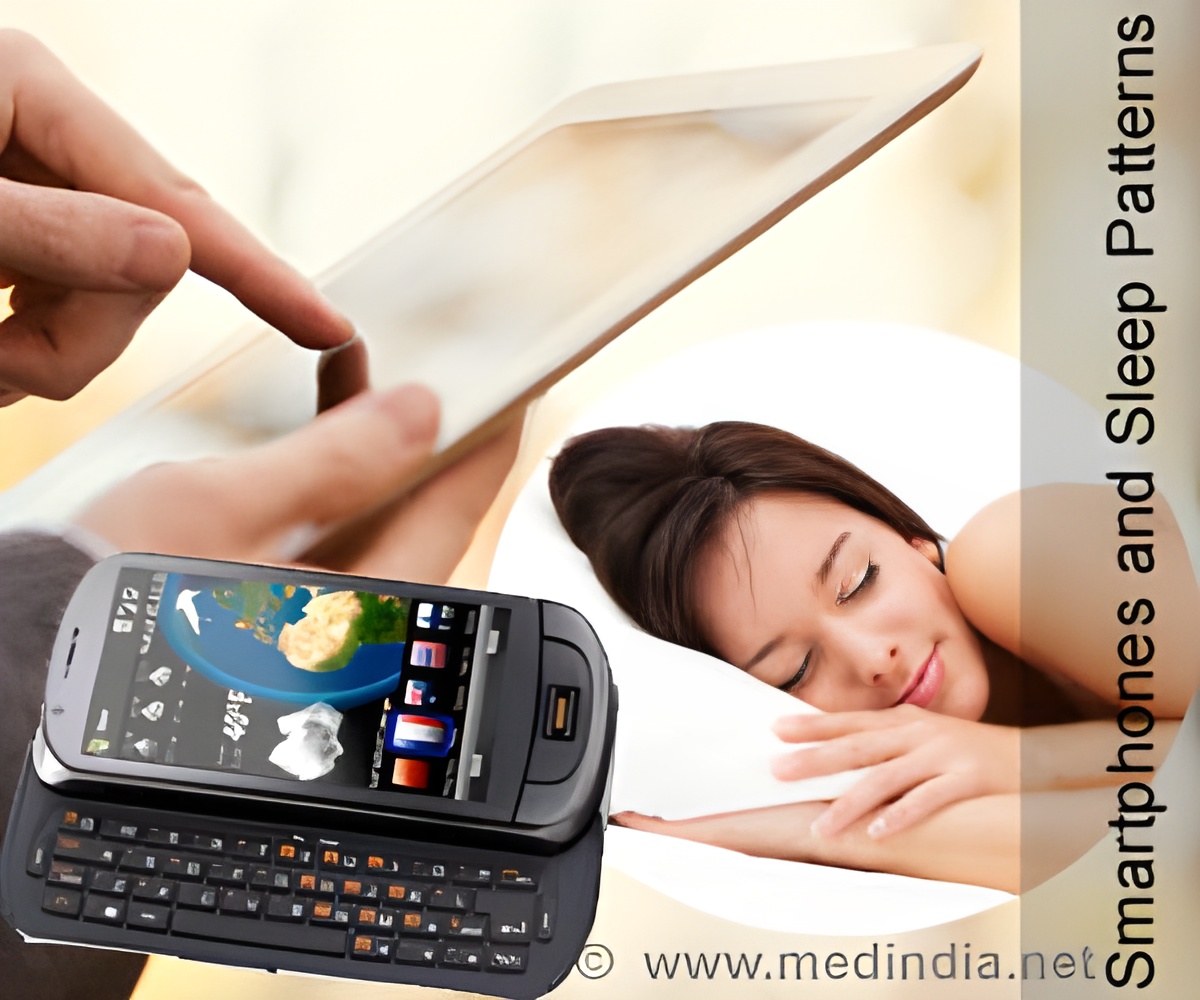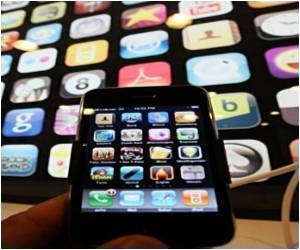A new study suggests that smartphones and tablets may be the reason behind irregular sleep patterns.

This explains why sleep disturbances and insomnia are common today.
A study from Mayo Clinic, however, may have a solution to this problem. This study by Mayo, presented at SLEEP 2013, the Associated Professional Sleep Societies annual meeting, suggests dimming the smartphone or tablet to overcome sleep problems.
"In the old days people would go to bed and read a book. Well, much more commonly people go to bed and they have their tablet on which they read a book or they read a newspaper or they're looking at material. The problem is it's a lit device, and how problematic is the light source from the mobile device?" Lois Krahn, MD, a psychiatrist and a sleep expert at Mayo Clinic, and co-author of the study, explained.
For this particular study, the researchers studied how the light emitted by smartphones and tablets, when held at different distances from a person’s face in a dimly lit room, affected melatonin and disrupted the sleep cycle of the subject.
Close monitoring revealed that when the brightness settings of these smartphones and tablets were lowered, and they were held just above a foot away from the patients face, the risk of suffering a sleep disorder was considerably low.
This is not the first time that the harmful effects of smartphone use have been revealed, many other studies in the past also elaborate on how overuse of smartphones could lead to certain mental problems including lack of concentration, depression and more.
 MEDINDIA
MEDINDIA



 Email
Email










